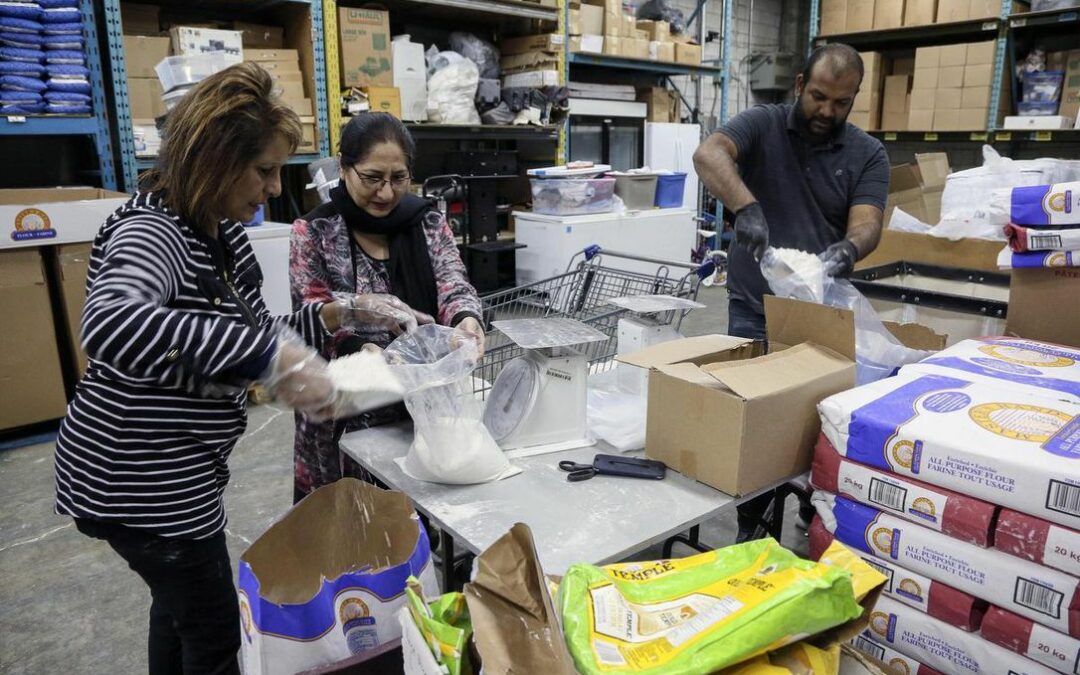Charitable giving is a key indicator of the values shared by the people of a society. Especially during the current pandemic, Canadians have seen an outpouring of support for each other and for those in need around the world, much of which is inspired by the faith traditions of our nation’s many diverse communities. However, recent events have also made it clear that we can do a lot more to acknowledge and appreciate all of these traditions of giving.
In July, Prime Minister Justin Trudeau acknowledged that “systemic racism” may be playing in a role in the disproportionate number of federal audits and sanctions against Muslim charities in Canada. He added that his government is “extremely concerned” about this “and looking “very closely at our processes.” These comments came after two reports pointed to this alarming trend, and a letter to the PM, signed by nearly a hundred Muslim organizations and civil liberties groups, that expressed concerns. These developments coincided with a string of Islamophobic incidents across the country, which prompted a National Summit on Islamophobia.
Efforts to do good should be facilitated, not hindered, and the first step in ensuring that happens is cultivating a better understanding of what those efforts entail. One wonders about the extent to which these systemic challenges could be prevented if more resources were available for Canadians to learn about Muslims’ rich traditions, especially those that relate to giving in charity.
A quick Google search about “zakat in Canada” or “Muslim charity in Canada” mostly yields links to Muslim charities’ websites. These results provide information on how the charities work as well as the opportunities to donate and engage with important causes in a variety of ways. In spite of Muslim charities’ diligent efforts to educate and be transparent about the work they do, there are many gaps that need to be filled.
To this end, the Yaqeen Institute for Islamic Research recently published research that provides insight into the motivations, perspectives, decision-making, and challenges of Muslim charity workers in Canada. The two papers are co-authored by University of Toronto lecturer Dr. Katherine Bullock and political science student Areeb Daimee, and based heavily on interviews of Canadian Muslims. These papers join a surprisingly short list of academic studies on zakat in Western countries, and tellingly, they are the first to explore zakat in the Canadian context.
What becomes abundantly clear through this research is that charity, as taught by Islam and understood and practised by Canadian Muslims, is a means toward building a more just and equitable world. The charity workers’ responses reflect a deep-seated concern and commitment for improving the lives of Canadians of all walks of life. Echoing one of the encouraged uses of charity in the Islamic tradition, some workers pointed out that that charity can facilitate “reconciling the hearts” of people.
Engaging with these perspectives holds the potential for all Canadians, from the individual to the institutional levels, to challenge the prejudices that we may be subconsciously harbouring about Muslims’ charity work. In turn, this will hopefully lead to a shift toward fairer regulatory policies and better appreciation for Muslims’ significant contribution to Canada’s generosity.
By Hassam Munir
Sun., Aug. 8, 2021
Hassam Munir is the PR Manager at Yaqeen Institute for Islamic Research.
